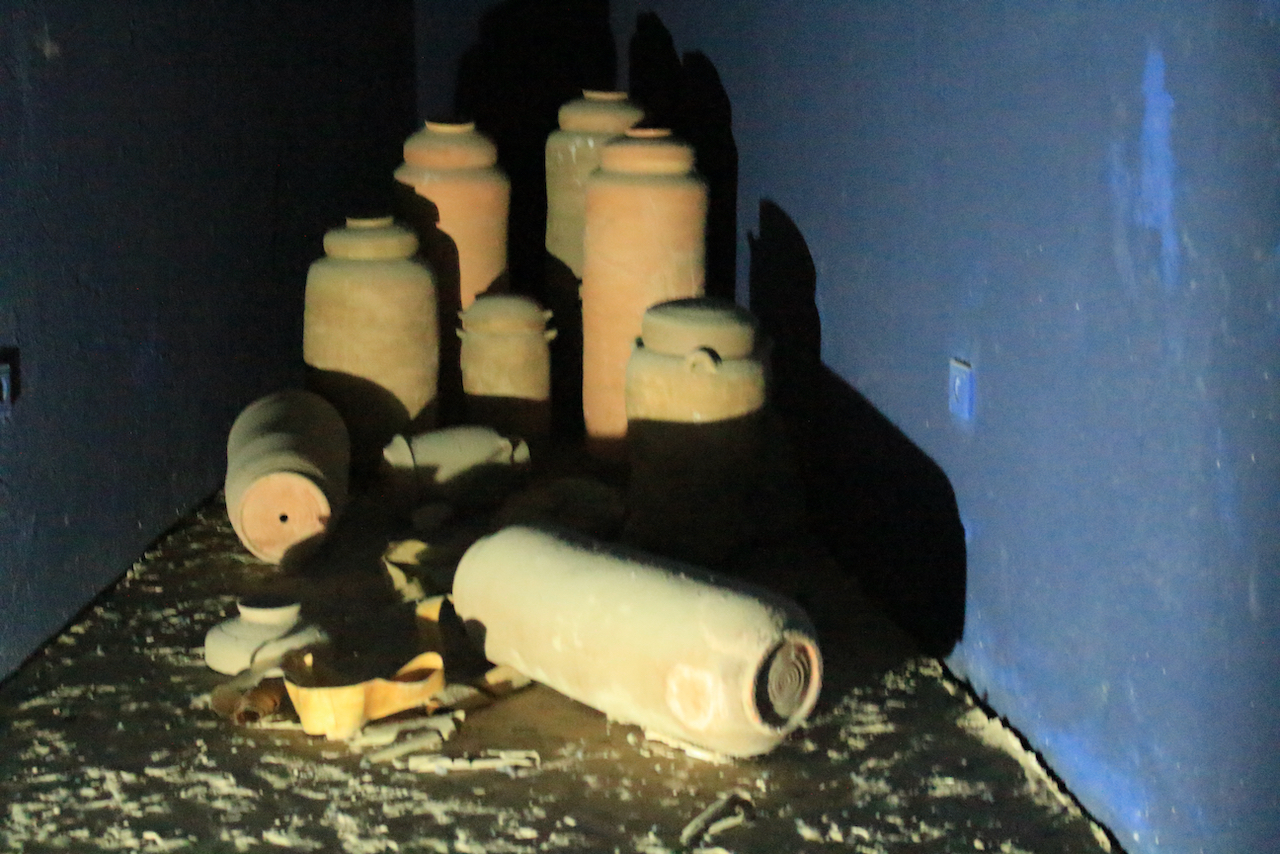“This is the word that came to Jeremiah from the Lord in the tenth year of Zedekiah king of Judah, which was the eighteenth year of Nebuchadnezzar. The army of the king of Babylon was then besieging Jerusalem, and Jeremiah the prophet was confined in the courtyard of the guard in the royal palace of Judah.” (Jeremiah 32:1-2 NIV)
Times were not looking good for the Kingdom of Judah. Zedekiah had been ruling for ten years. He wasn’t much of a king, initially being a vassal of Babylon and then rebelling and turning to Egypt for help (which never came). Nebuchadnezzar, king of Babylon, had had enough – he marched on Jerusalem and laid siege to it. Anyone could tell that the end was near for Judah. All hope was gone. Even Jeremiah, prophet of God, was under arrest and confined to the courtyard in the royal palace for giving Zedekiah the message from God: Jerusalem was about to fall to the Babylonians and the king himself would be captured (Jeremiah 32:3-5).
In spite of Judah’s imminent demise, God gave Jeremiah a strange message.
“Jeremiah said, ‘The word of the Lord came to me: Hanamel son of Shallum your uncle is going to come to you and say, “Buy my field at Anathoth, because as nearest relative it is your right and duty to buy it.”’” (Jeremiah 32:6-7)
That may not sound too strange to us at first reading, but think about it – Judah was about to be conquered, all the land captured, and God told Jeremiah that his cousin Hanamel was going to offer him a field in his hometown of Anathoth. Maybe Hanamel had realised he was going to lose it so try to sell it to Jeremiah and maybe get something out of it he could keep! It was important that land stayed within the family so Jeremiah had the right of first refusal. Would it be worth purchasing this field with Nebuchadnezzar’s army just about to conquer the land? When Hanamel showed up, just as God had said, Jeremiah concluded that this was God’s message to him.
“I knew that this was the word of the Lord; so I bought the field at Anathoth from my cousin Hanamel and weighed out for him seventeen shekels of silver. I signed and sealed the deed, had it witnessed, and weighed out the silver on the scales. I took the deed of purchase – the sealed copy containing the terms and conditions, as well as the unsealed copy – and I gave this deed to Baruch son of Neriah…I gave Baruch these instructions: “This is what the Lord Almighty, the God of Israel, says: take these documents, both the sealed and unsealed copies of the deed of purchase, and put them in a clay jar so that they will last a long time. For this is what the Lord Almighty, the God of Israel, says: houses, fields and vineyards will again be bought in this land.” (Jeremiah 32:8-15)
What faith Jeremiah had in God! God said that, although they would end up in captivity, his people would return to the land. When that happened families would need their land, so the deed to the land needed to be kept safe. The deed was to be kept in a clay jar. In the arid climate of Israel, this would preserve the deed (as can be seen when the Dead Sea Scrolls were found two thousand years after they had been put into clay jars).
Do we trust in the promises of God enough to plan our lives around knowing that God keeps his word? Are we willing to obey God even when it might not make sense to us? Jeremiah’s faith, trust and obedience are a lesson for us all.
“Trust and obey, for there’s no other way, to be happy in Jesus – but to trust and obey!”
Photo of replica jars for scrolls, Qumran, Israel, by Jon Galloway
Readings for next week: Jeremiah 31-37
- Growing in faith despite difficult circumstances - 2026-01-16
- God’s temple - 2026-01-09
- Do we accept or reject Jesus? - 2026-01-02
